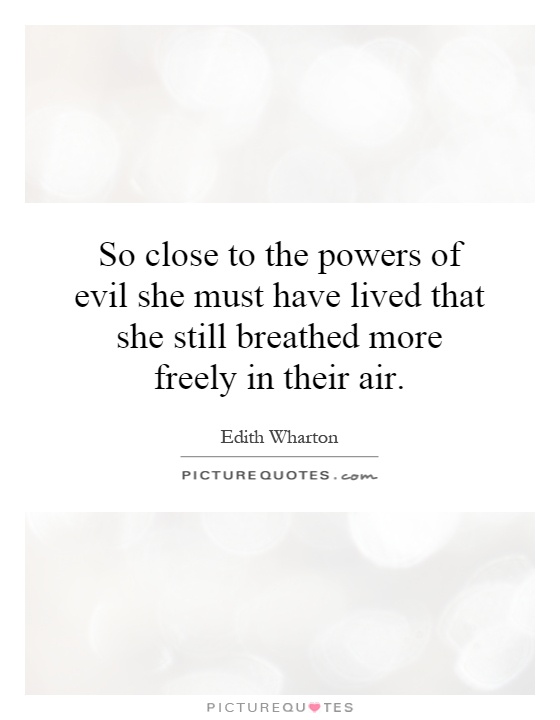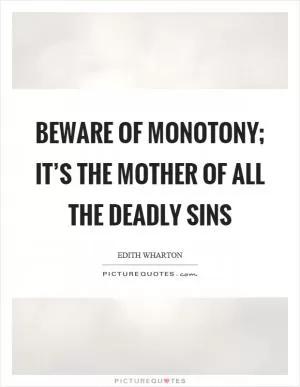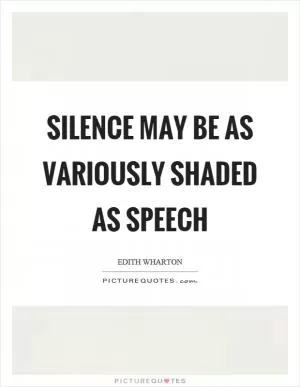So close to the powers of evil she must have lived that she still breathed more freely in their air

So close to the powers of evil she must have lived that she still breathed more freely in their air
Edith Wharton, a renowned American novelist and short story writer, is often celebrated for her keen insight into the complexities of human nature and society. In her works, she frequently explores themes of morality, social class, and the destructive power of societal norms. One of her most famous novels, "The Age of Innocence," delves into the stifling constraints of upper-class New York society in the late 19th century.The quote, "So close to the powers of evil she must have lived that she still breathed more freely in their air," encapsulates the dark undercurrents that run through much of Wharton's work. It suggests that the protagonist, or perhaps a character closely associated with her, has been so deeply entrenched in a world of corruption and immorality that it has become second nature to them. They have become desensitized to the evils around them, to the point where they find a strange sense of liberation in the very air they breathe.












 Friendship Quotes
Friendship Quotes Love Quotes
Love Quotes Life Quotes
Life Quotes Funny Quotes
Funny Quotes Motivational Quotes
Motivational Quotes Inspirational Quotes
Inspirational Quotes